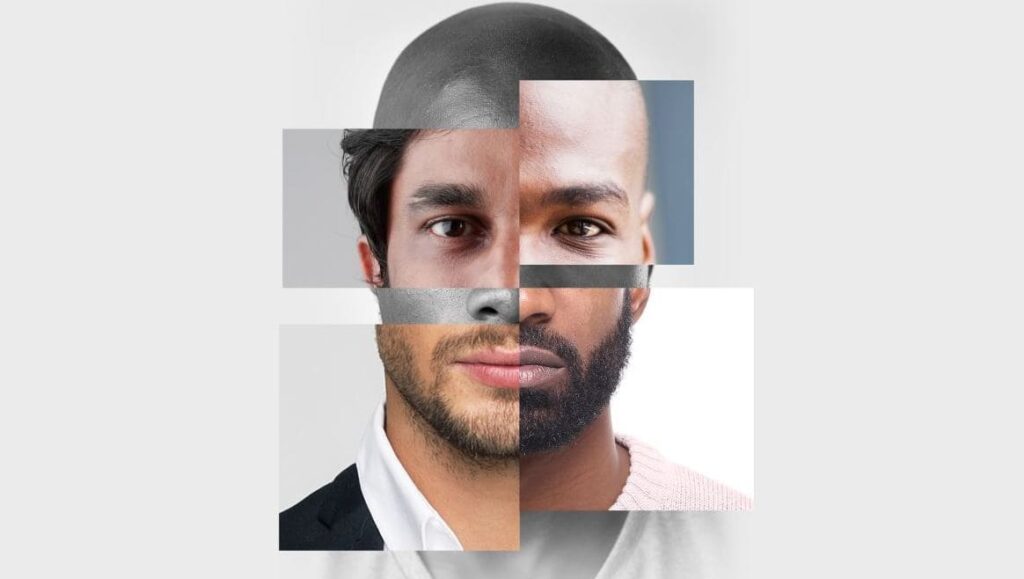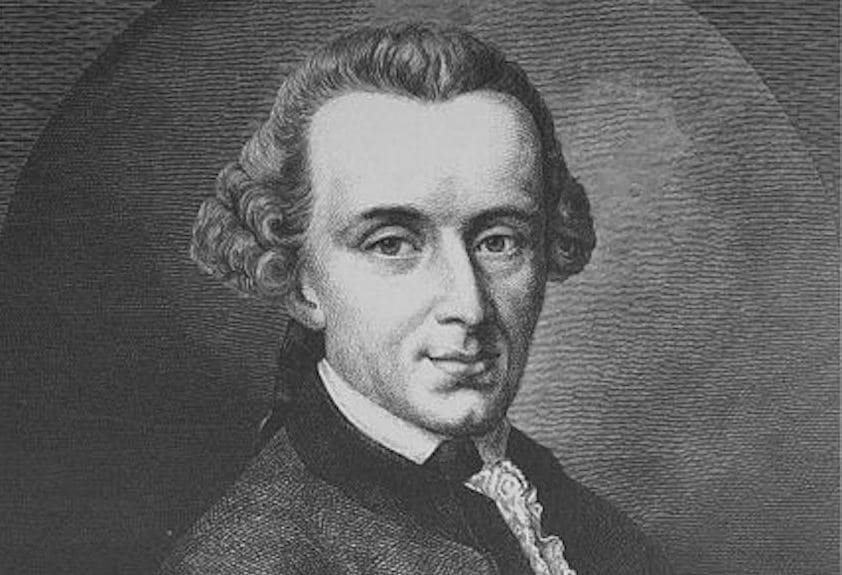Introduction
Racial profiling is arguably one of the most pervasive and problematic issues that people face in modern society. This problem entails the discriminatory targeting of individuals or making assumptions about their engagement in criminal activity based solely on ethnicity or race. Disadvantaged groups and minorities are usually the main victims of the issue. Although racial profiling occurs across nearly all spheres of human life, it is especially prevalent in law enforcement and the criminal justice system. Racial profiling is detrimental to modern society because it exacerbates inequality, erodes community trust in law enforcement, and contributes to adverse health outcomes.
Perpetuating Inequality
Racial profiling entrenches existing socioeconomic inequalities among underprivileged and minority groups. According to research, Black drivers have a 94 percent higher likelihood of arrest and a 43 percent higher probability of undergoing a search at traffic stops compared to their White counterparts.1 This disproportionality in search and arrest frequency means that Black people suffer increased exposure to the criminal justice system through the resultant convictions and incarcerations. Imprisoned individuals have reduced political participation because of disenfranchisement laws and often find it harder to secure employment.2 African Americans suffer victimization through unfair profiling that leads to criminal penalties and limitations on civil rights. Asa result, these actions exacerbate inequality by creating a vicious cycle of systemic oppression that disadvantages members of profiled groups in modern society.
1. Frank R. Baumgartner, Derek A. Epp, and Kelsey Shoub, Suspect Citizens: What 20 Million Traffic Stops Tell Us About Policing and Race (Cambridge: Cambridge University Press, 2018), 93.
2. Adam O. Hosein, “Racial Profiling and a Reasonable Sense of Inferior Political Status.” Journal of Political Philosophy 26, no. 3 (2018): 13, https://doi:10.1111/jopp.12162.

Damaged Community Trust
Racial profiling erodes trust between law enforcers and the community members whom they are supposed to serve. When individuals or communities believe that law enforcement agencies harbor prejudice against them, they may decline to report criminal activity or cooperate with investigators.3 Effective police work is heavily dependent on community participation because these law enforcers usually rely on information received from law-abiding citizens to solve cases. Consequently, a breakdown of this relationship often translates to increases in unsolved crimes and worsened public safety. Hence, reviewing profiling practices is essential to eliminating this mistrust and facilitating the collaborative relationships that are critical to ensuring public safety today.
3. Anthony A. Braga, Rod K. Brunson, and Kevin M. Drakulich, “Race, Place, and Effective Policing.” Annual Review of Sociology 45 (2019): 543, https://doi:10.1146/annurev-soc-073018-022541.
Profiling and Adverse Health Outcomes
Racial profiling poses a public health risk to affected communities during interactions with law enforcement. For example, negative stereotypes, such as the perception that Black people are “monstrously aggressive and inhuman,” increase the likelihood of violent confrontations and legal conflicts between police officers and Black people.4 Unfairly associating a racial group with a proclivity to violence means that law enforcement officials may perceive themselves as being under threat when engaging individuals from a specific background. Consequently, police officers are likely to employ force when conducting arrests, increasing the probability of injury or death. Therefore, addressing these stereotypes is integral to reducing the public health risk inherent in those interactions.
4. Cato T. Laurencin and Joanne M. Walker, “Racial Profiling Is a Public Health and Health Disparities Issue.” Journal of Racial and Ethnic Health Disparities 7, no. 3 (2020): 3, https://doi:10.1007/s40615-020-00738-2.
Conclusion
Racial profiling is an abhorrent practice that has several deleterious effects on modern society. Considering people based on their race aggravates inequality, undermines community trust in law enforcement, and increases the likelihood of adverse health effects. In turn, addressing racial profiling can help to bolster community safety by boosting police-civilian relationships. Eliminating racial biases can also help to create just and equitable societies for all people.
Bibliography
Baumgartner, Frank R., Derek A. Epp, and Kelsey Shoub. Suspect Citizens: What 20 Million Traffic Stops Tell Us About Policing and Race. Cambridge: Cambridge University Press, 2018.
Braga, Anthony A., Rod K. Brunson, and Kevin M. Drakulich. “Race, Place, and Effective Policing.” Annual Review of Sociology 45 (2019): 535–555. https://doi:10.1146/annurev-soc-073018-022541.
Hosein, Adam O. “Racial Profiling and a Reasonable Sense of Inferior Political Status.” Journal of Political Philosophy 26, no. 3 (2018): 1-20. https://doi:10.1111/jopp.12162.
Laurencin, Cato T., and Joanne M. Walker. “Racial Profiling Is a Public Health and Health Disparities Issue.” Journal of Racial and Ethnic Health Disparities 7, no. 3 (2020): 1-7. https://doi:10.1007/s40615-020-00738-2.


